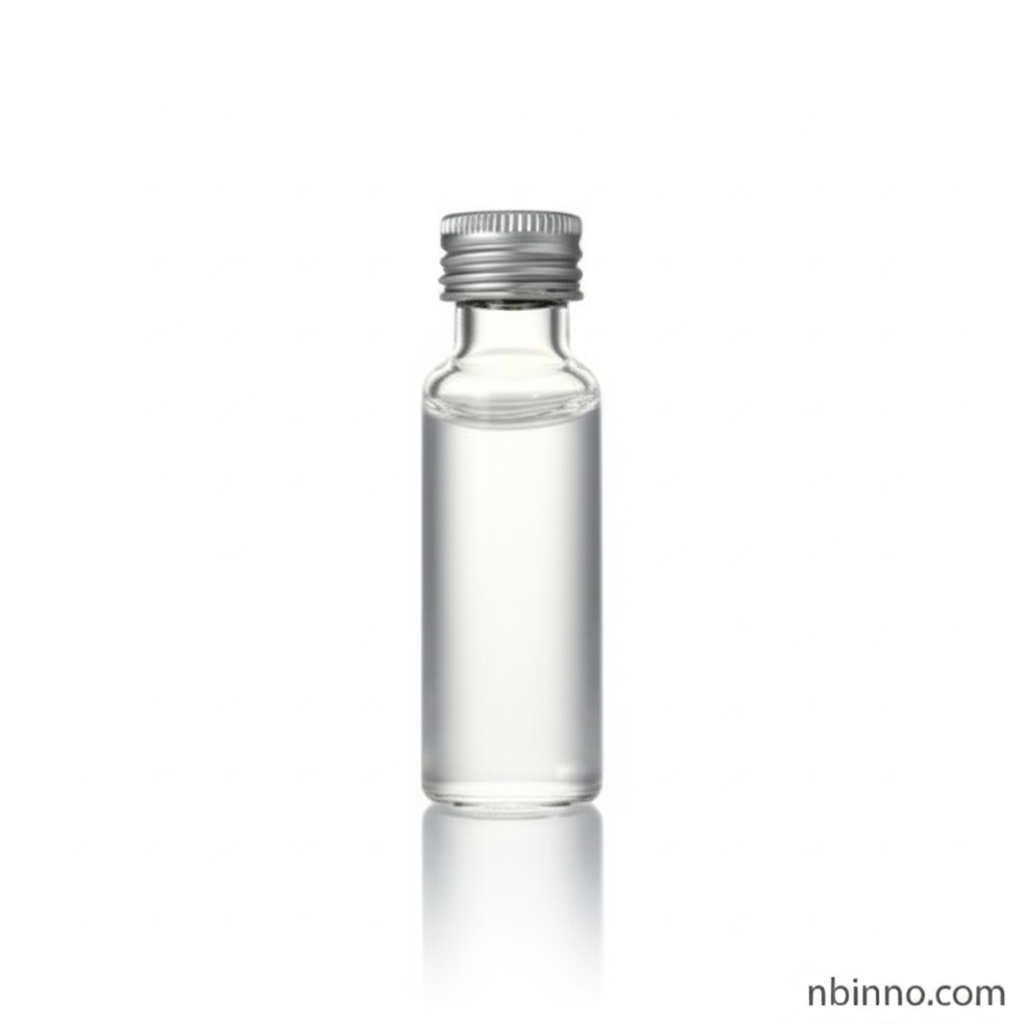Methyl Tert-Butyl Ether (MTBE): Properties, Applications, and Environmental Impact
Explore the chemical compound that revolutionized gasoline, its benefits, and the environmental challenges it presented.
Get a Quote & SampleProduct Core Value

Methyl Tert-Butyl Ether
Methyl Tert-Butyl Ether (MTBE) is a chemical compound that significantly impacted the fuel industry. Primarily used as a fuel additive in gasoline, it serves a dual purpose: enhancing the fuel's octane rating and acting as an oxygenate to promote cleaner combustion, thereby reducing harmful air emissions like carbon monoxide. Its introduction was largely driven by regulations aimed at improving air quality, making it a key component in reformulated gasoline (RFG) to meet stringent Clean Air Act requirements.
- Understanding the methyl tert-butyl ether gasoline additive role is crucial for appreciating its historical significance in emissions control.
- Investigating the MTBE environmental impact on groundwater highlights the challenges of chemical contamination and the need for effective remediation.
- Exploring MTBE remediation techniques provides insights into managing and cleaning up contaminated water sources.
- Learning about the history of MTBE fuel additive use helps contextualize its rise and subsequent phase-out in various regions.
Key Advantages
Enhanced Octane Rating
MTBE is recognized for its excellent anti-knock properties, serving as a vital octane enhancer in gasoline, contributing to smoother engine performance and preventing premature detonation.
Reduced Emissions
As an oxygenate, MTBE increases the oxygen content of gasoline, leading to a more complete combustion process. This results in significantly lower emissions of pollutants like carbon monoxide and unburned hydrocarbons, a key benefit aligning with environmental protection goals.
Improved Fuel Efficiency
The use of MTBE as a gasoline additive contributes to improved fuel efficiency by ensuring a cleaner and more complete burn, maximizing the energy extracted from the fuel.
Key Applications
Gasoline Additive
The primary application of MTBE is as a fuel additive in gasoline, where it acts as an octane enhancer and oxygenate to reduce air pollution and improve engine performance.
Solvent Applications
Beyond its role in fuels, MTBE also finds use as a solvent in the production of resins, coatings, and pharmaceuticals due to its ability to dissolve a variety of substances.
Chemical Intermediate
MTBE serves as a chemical intermediate in the manufacture of other chemicals, including high-purity isobutylene, which is essential for producing MMA and butyl rubber.
Medical Purposes
In certain medical contexts, MTBE has been utilized, although its primary industrial application remains in the fuel sector.
